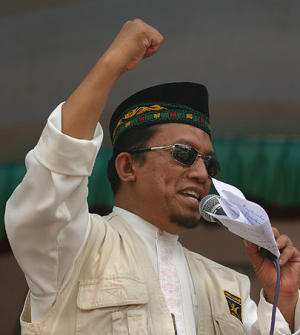Maxence Melo
JF Founder
- Feb 10, 2006
- 4,230
- 13,414
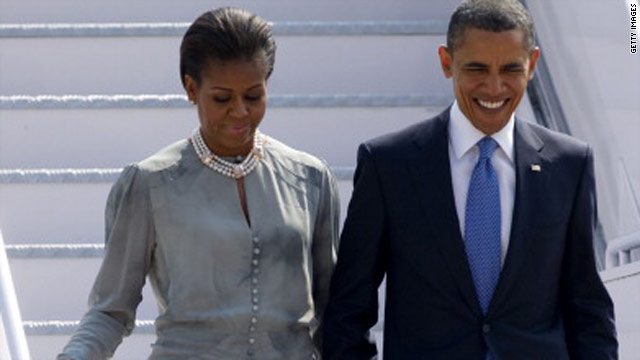
U.S. President Barack Obama arrived in Mumbai on Saturday for the start of his four-nation, 10-day tour through Asia.
Mumbai is India's financial hub, and talks on business and trade were expected to be a focus of his three days here. Hundreds of American business leaders and chief executives traveled to Mumbai with the president.
First, though, Obama planned to meet with some of the survivors of the terrorist attacks of November 2008 that left 164 people dead in Mumbai.
Obama and his wife, Michelle, are staying at the Taj Mahal hotel, which came under siege during the attacks.
His planned commemoration of those attacks during his first event here underlines the importance that the U.S. is placing on boosting collaboration in dealing with terrorism believed to be centered in the region across India's western borders, analysts say.
"Obama's Mumbai visit is symbolic of the perspective India and the United States share on terrorism. It should lead to strengthening of counterterrorism efforts," said V.P. Malik, India's former army chief.
Obama goes to Mumbai
The 2008 attacks, blamed on Pakistani-based militants, derailed a fragile peace process between New Delhi and Islamabad.
Under U.S. pressure, the two nuclear-capable states held talks this year in an attempt to resume their fully fledged dialogue, but progress has been slow.
Apart from their bitter dispute over the Himalayan region of Kashmir, India and Pakistan have also been wary of each other's roles in Afghanistan.
Involved mainly in the reconstruction of Afghanistan, India suspects the Afghan-Pakistani terrain has become a platform for terrorist outfits to collaborate against New Delhi's interests.
After winning a non-permanent slot at the U.N. Security Council in October, India identified the "troubled neighborhood" to its west as a priority area to work on.
India believes a solution to the Afghan crisis lies in building strong democratic and security capabilities in the war-ravaged country.
"Gains of the last nine years stand to be squandered if this aspect does not receive the attention that it deserves as the international community ponders its next steps regarding Afghanistan," the external affairs minister, S.M. Krishna, said at a conference in Kabul in July.
Analysts see the United States and India diverging over Obama's Afghan policy, especially the administration's transition plans from July 2011.
"India's perspective is different and it's a longer-term perspective," said Malik. "An early exit of U.S. and allied troops from Afghanistan -- before democratic and military institutions are firmly in place -- would only lead to a new round of instability in that country."
Obama's three-day visit to India, Asia's third largest economy and one of the world's few growth markets, also includes meeting with Indian Prime Minister Manmohan Singh in New Delhi and addressing the nation's parliament.
"The simple truth is that India's rise, and its strength and progress on the global stage, is deeply in the strategic interest of the United States," said William Burns, under-secretary at the U.S. State Department, during a briefing on Obama's trip.
Obama's visit can also help balance regional geopolitics in the face of what is now seen as an increasingly assertive China, said Uday Bhaskar, director of the National Maritime Foundation in New Delhi.
The Chinese and Indian prime ministers met in October in a bid to ease growing tensions despite flourishing trade between the two neighbors.
China's support to Pakistan, India's accommodation of the exiled Tibetan leader, the Dalai Lama, and a decades-old border dispute between the two sides are points of friction as the economic powerhouses jockey for influence in the region.
After India, Obama travels to Indonesia, then on to the G-20 meeting in South Korea and APEC (Asia-Pacific Economic Cooperation) in Japan.
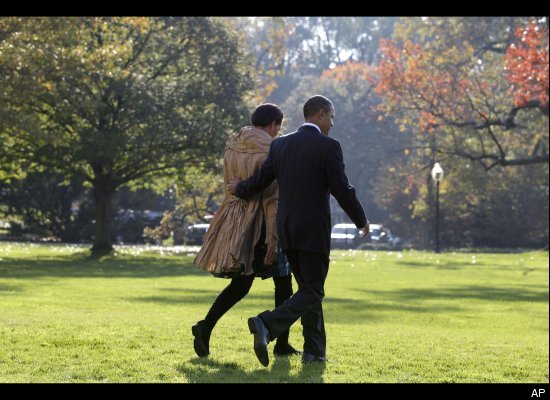
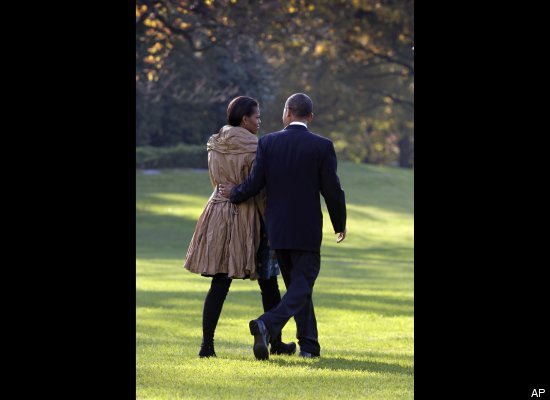


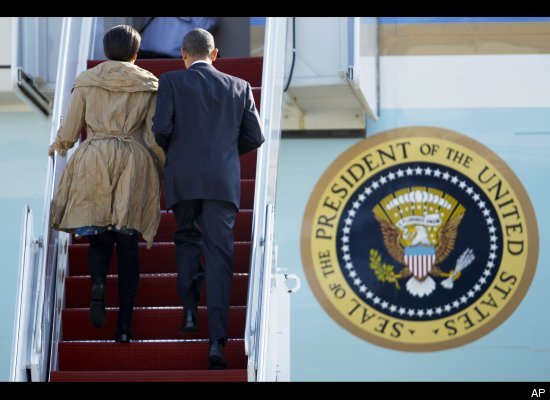

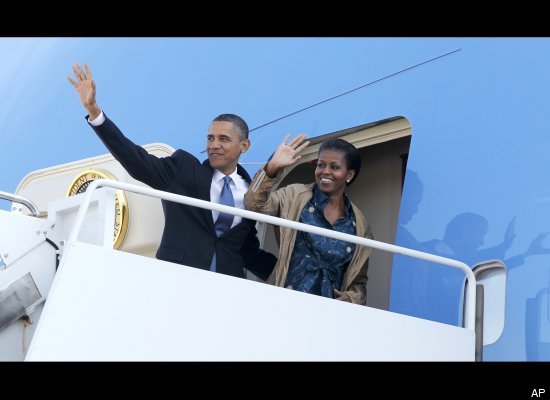
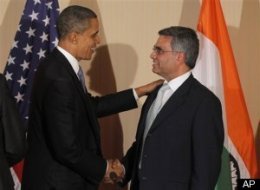
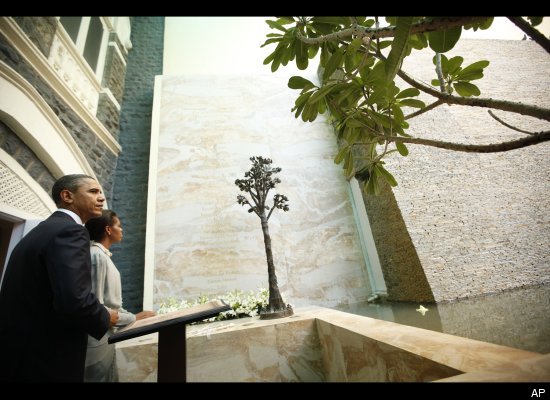
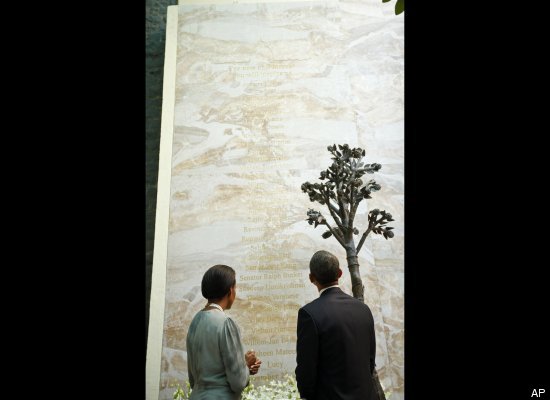
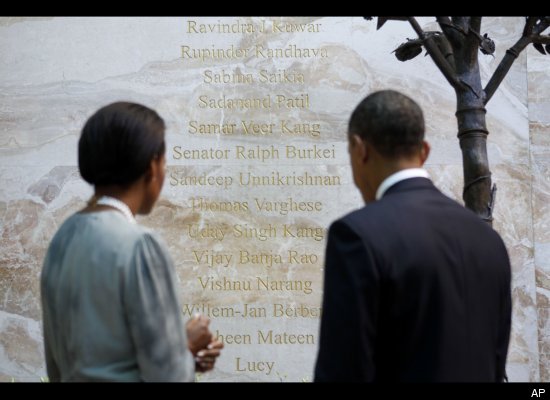
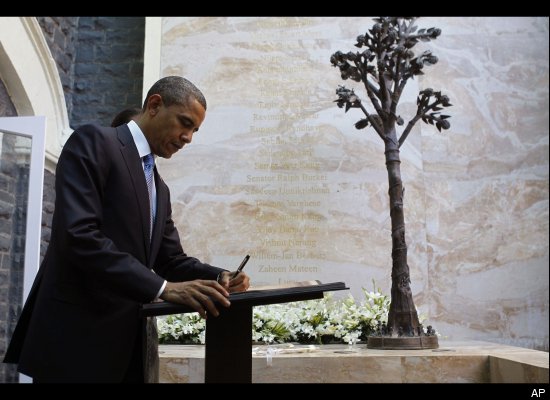
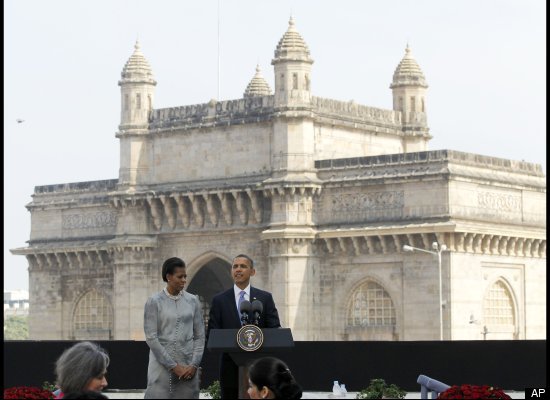
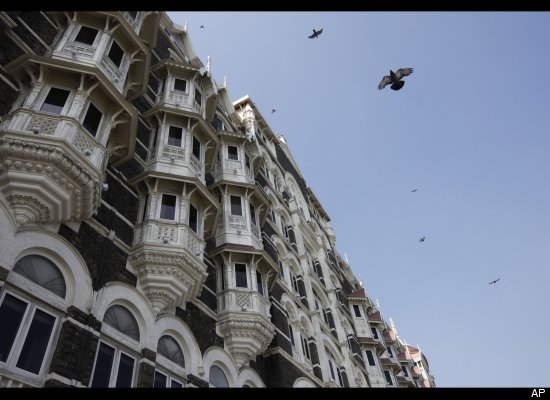
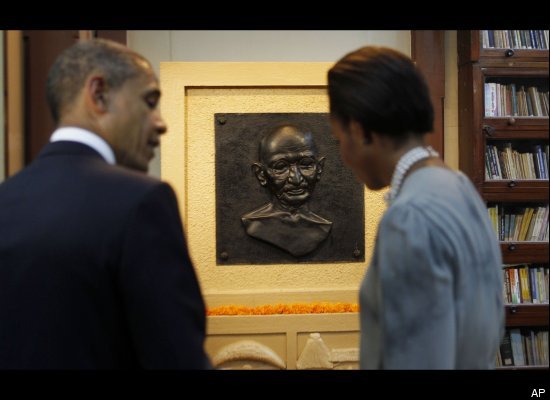
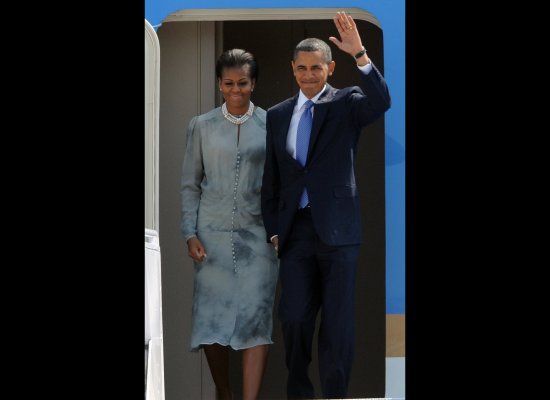
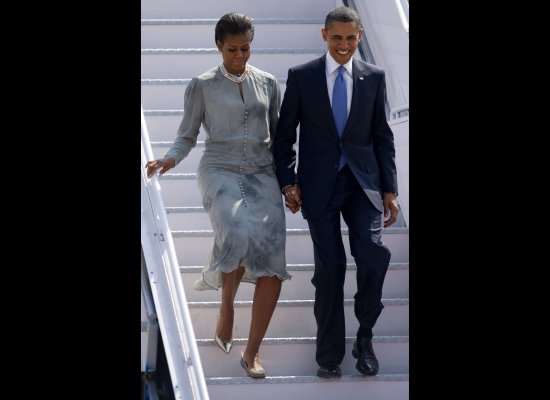
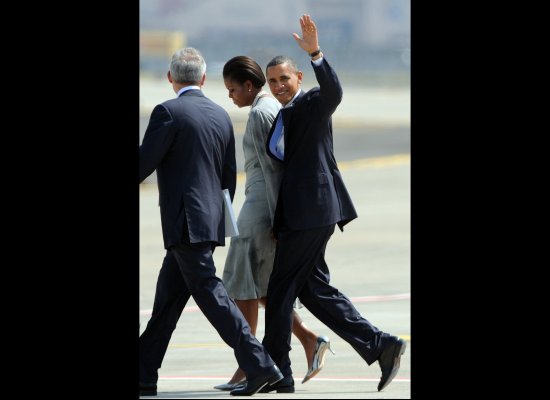
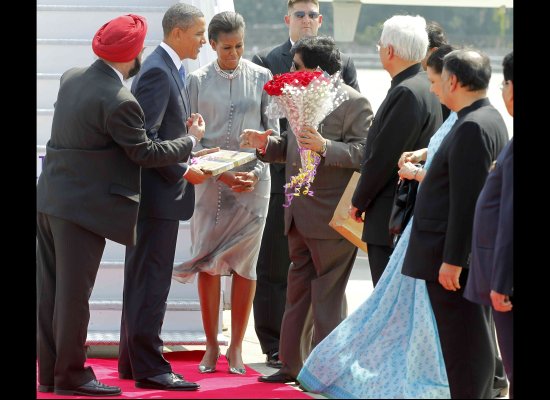
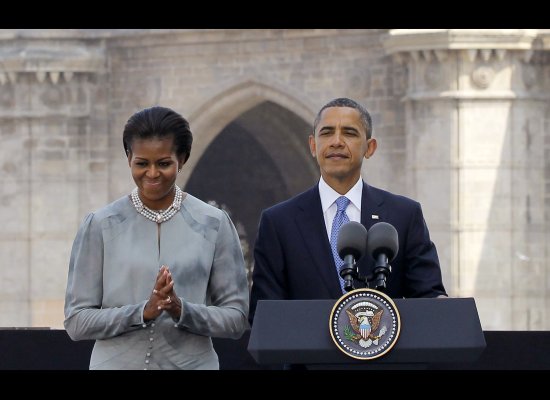
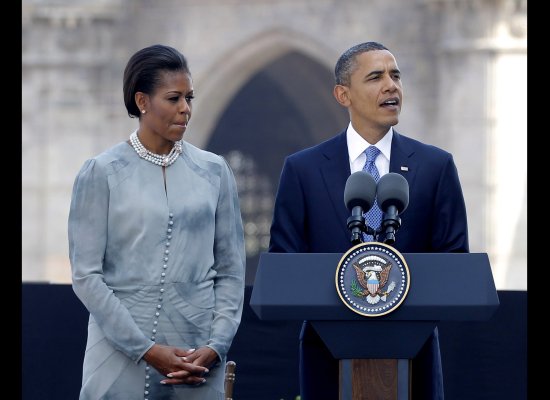
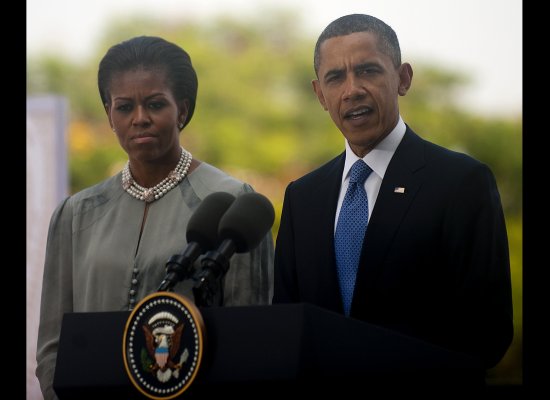

 Play Video
Play Video  Play Video
Play Video  Play Video
Play Video 